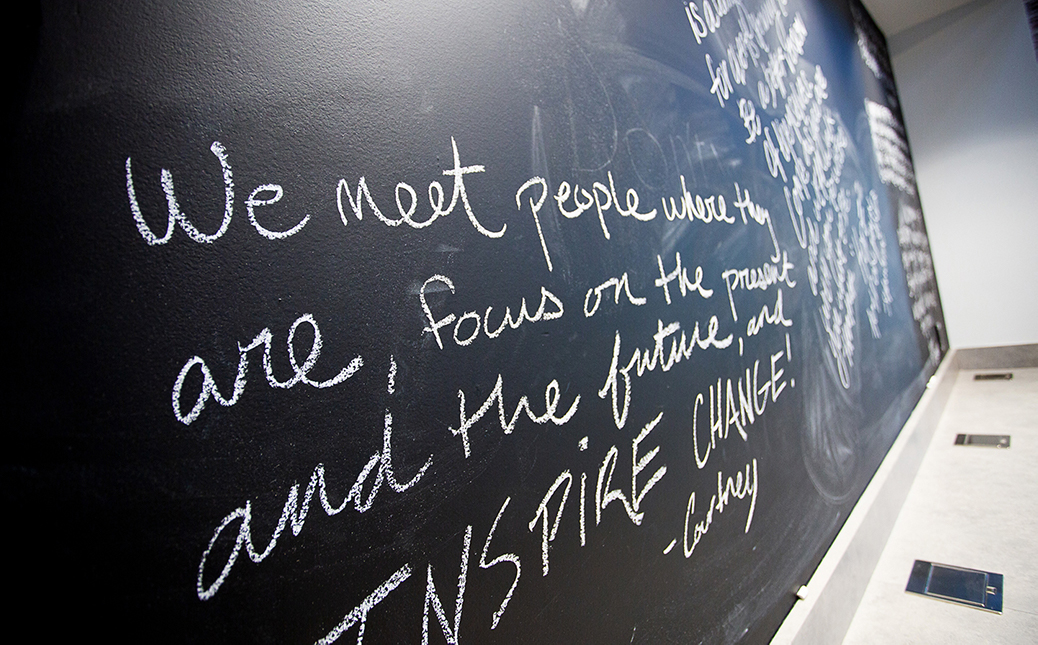Clarity, relief: One mother’s coaching experience

Published April 23, 2020
As a caretaker of someone with addiction, Yvettee doubted and burdened herself often.
“I enabled my son's use for a long time. I couldn’t deal with it in the right way,” she said. “It took a whole year for me to put my foot down. But I knew in my heart it was the right thing to do.”
After 90 days of coaching, 60% of our loved one members no longer participate in unhealthy enabling.
Our new annual coaching outcomes report includes member demographics, recovery capital and other relevant data points of those we serve, including loved ones. Read it here.
When Yvettee first came to Face It TOGETHER, she brought her adult son, who struggles with opioid addiction. At the time, she wasn’t thinking about coaching for herself.
“I wasn’t caring about me,” she said. “The minute I talked to someone at Face It TOGETHER I thought I’d finally found help for my son.”
Yvettee was surprised when she heard there was a coaching program for loved ones. As someone who nearly always puts her needs on the back burner, she wasn’t sure she’d stick with it.
“I kept thinking, ‘I can do this; I’ll get through this.’ I can see where my son gets his stubbornness,” she said. “But I humbled myself and went to the first appointment… I couldn’t be more grateful because I don’t know where I’d be in my life without this.”
Like many loved ones, Yvettee said she had internalized a lot when it came to her son’s addiction. She used to feel like she was walking on eggshells, unsure of how to help but desperately wanting to.
“I remember thinking, ‘Oh my God, what am I going to do? How can I hold myself and son together?’” she said.
Coaching gave Yvettee clarity around boundaries and helped ease her guilt as a parent.
“I realized I wasn’t a bad mom,” she said. “I used to have a lot of guilt and wonder if I didn’t do something right. It’s been so freeing to get to this point.”
Yvettee also learned the importance of taking time to care for herself. She remembers her coach asking, “What are you going to do for yourself this week?”
“My hour workout each morning is just for me, and I love it,” she said. “That’s my motivation every day.”
After 60 days of coaching, 90% of loved ones feel supported in their healthy lifestyles. They also have goals for their future, feel better overall and are supported emotionally by their families. See more data points in our annual outcomes report.
Though it wasn’t an easy or quick process, Yvettee received the help she needed to set necessary, healthy boundaries with her son.
“It’s been a long two years, but I have to say I’m quite at peace,” she said. “I’m thankful every single day.”
